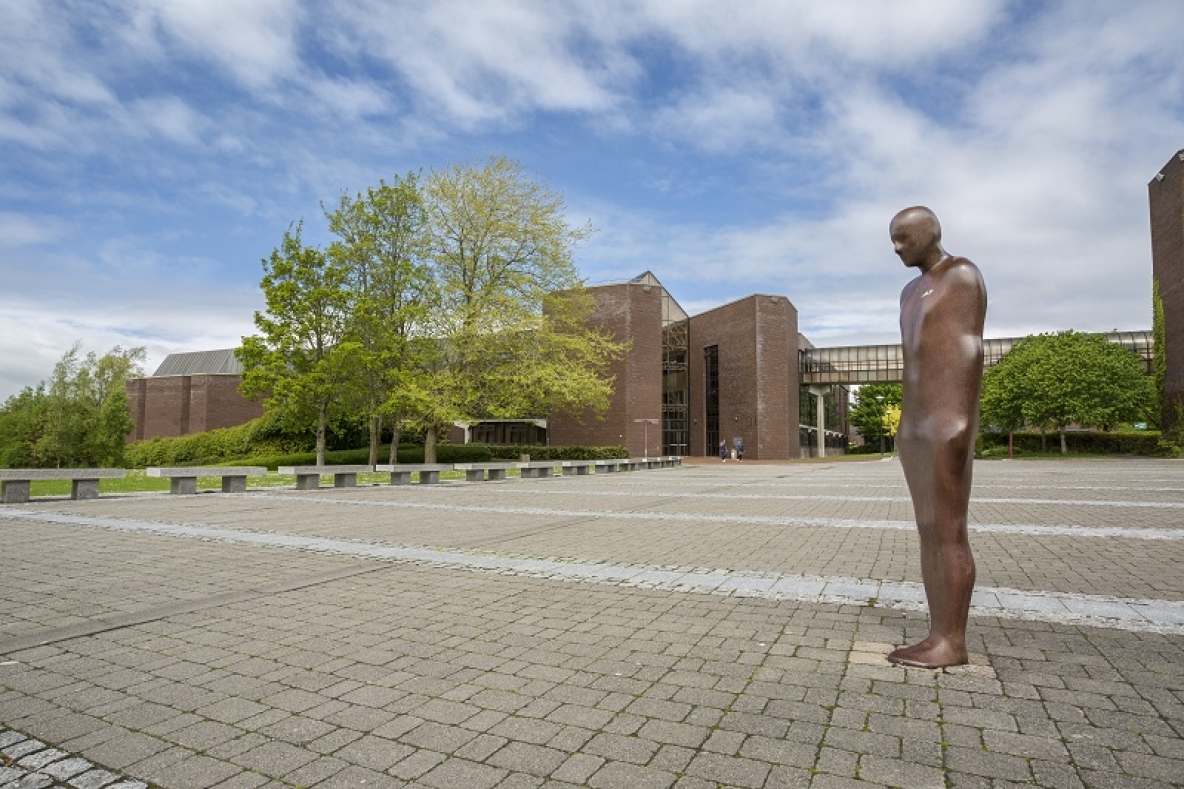
During the global lockdown in response to the Covid-19 pandemic, there has been an unprecedented wave of innovation in the university sector. For the most part, this has involved the substitution of online delivery for face-to-face teaching, shielding students’ education from the worst effects of the crisis. While the pivot to remote teaching has been remarkably successful, there is a general desire by both faculty and students to return to the social interaction and practical, hands-on learning that only a more traditional campus-based university experience allows.
However, there have been some aspects of education that the move to online delivery has significantly improved, to the extent that it is hard to see why we would return to “business as usual” after the crisis. Last week, I was presented with a particularly dramatic example – the PhD viva voce or oral thesis defence.
Historically, in most university systems, the viva takes place in a small room, where the doctoral candidate is quizzed on his or her thesis – What is your original contribution to knowledge? Who are the most influential researchers in your field? Why did you choose research methodology A and not B or C? - for two or three hours by a group of internal and external examiners. Despite every effort at collegiality, the viva can feel like an interrogation by government officials looking for evidence of tax evasion.
I recently had first-hand experience of being in a candidate’s shoes, when I submitted a second doctoral thesis (a PhD by Publication) at a UK university in 2018. The university’s PhD regulations required that the candidate and two external examiners attend the viva in person. At the time, I was working at a university in Fiji. Because the thesis was on transnational education, many of the leading researchers in the field are based in countries with large concentrations of transnational activity – notably, the Middle-East, Malaysia and China.
Given the travel time to the UK for a two to three-hour viva, it was a testament to the graduate school’s perseverance that they managed to recruit two of the leading authorities on transnational education (in my experience, it has often proved enormously difficult to get busy senior academics to spend days travelling to attend a viva). In the end, we all travelled to the UK university in May 2018, met up in a small windowless room, and debated the pros and cons of my thesis for two and a half hours (at the conclusion of which, I was asked to make minor corrections).
Last week in lockdown, I attended another viva, this time as an external examiner, at another UK university, also on the topic of transnational education. The difference was that the meeting took place by video-conference. The internal and external examiners had all read the thesis and written their reports independently, as per regulations, in the weeks before the viva, and agreed the structured questions in a preliminary video-conference.
Although the viva proceeded like any other, the atmosphere was noticeably more relaxed. The candidate was in her own study, where she had written most of her thesis, and the viva’s chair allowed regular bathroom and tea breaks during a cross-examination that lasted three hours. Afterwards, as I reflected on how interesting and thought-provoking I had found the viva, I wondered whether I would have agreed to attend, had I had to travel long distances and stay overnight. I am pretty certain I would not have had the time to fly halfway around the world, as my one of my own external examiners had done in 2018.
The benefits of online doctoral vivas are evident. The university is more likely to be able to recruit the best qualified external examiners from anywhere in the world, because the travel time is eliminated. For the university, the costs of examining are slashed to close to zero. For the planet, several tonnes of CO2 emissions are saved. And for the candidate, the experience is much more relaxed, allowing the examiners to drill down and really test the quality of the research design and execution without causing stress. Why would we go back to face-to-face PhD vivas? I am pretty sure these may become a pre Covid-19 curiosity that we look back on and ask, “Why did we used to do that?”
Professor Nigel Healey
Associate Vice President Global Engagement